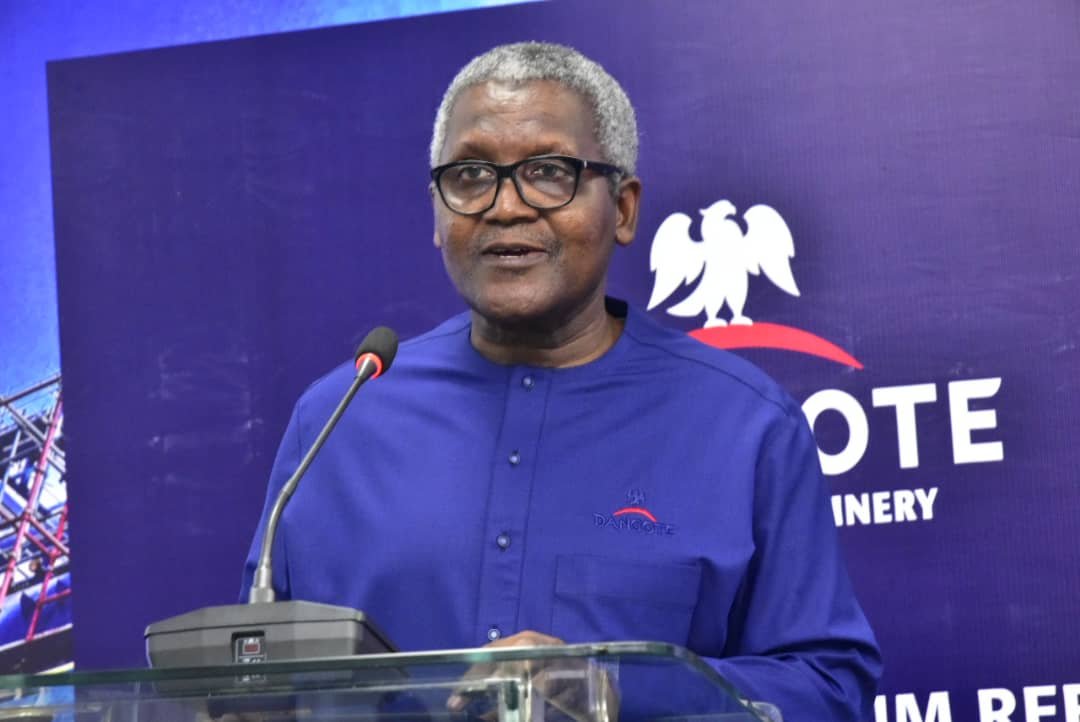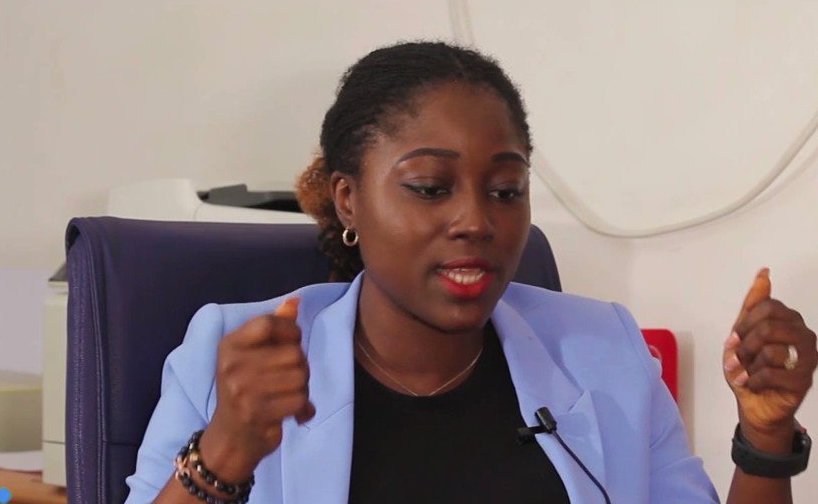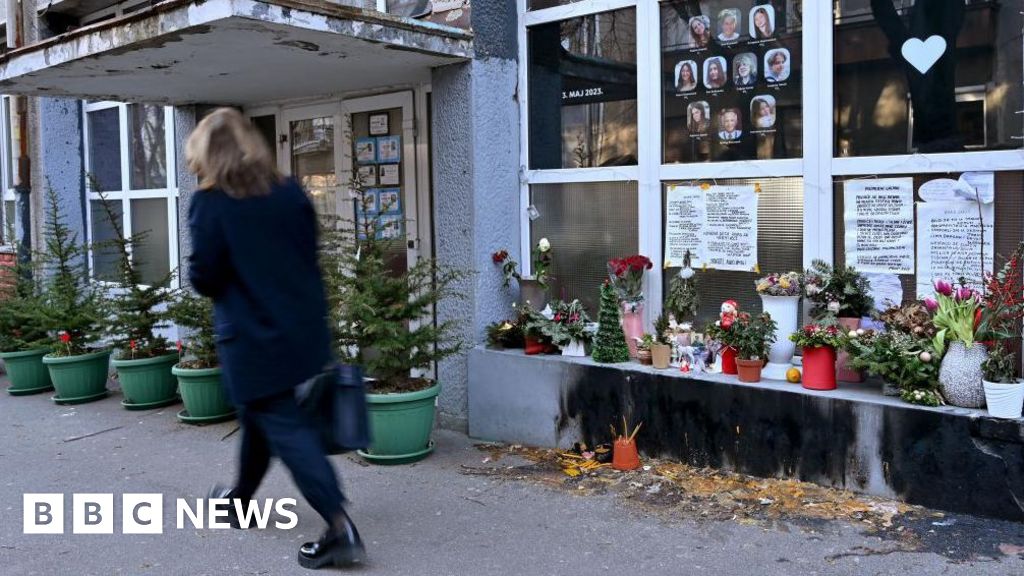Place your adverts here on InfoDig @ low rates; banner ads, sponsored links and guest articles etc. Contact us
Nigeria’s Aviation Minister, Festus Keyamo, has disclosed that the suspended Nigeria Air deal would have obligated Nigeria to pay Ethiopian Airlines about $112 million over a period of three years.
This payment was intended to cover the use of Ethiopian Airlines’ surplus aircraft, which the airline offered as part of its equity stake in the Nigeria Air project.
Keyamo made this revelation during an interview on Political Paradigm programme on Channels Television on Tuesday.
He said: “For those aircraft, their equity contribution was supposed to be providing their excess fleet to Nigeria Air. However, it is not an investment as we are paying for them. We are going to pay about $112 million over a period of three years to Addis Ababa. What are they bringing to the table? We are paying them, so what is the investment here?”
Keyamo emphasized that the arrangement would have significantly favoured Ethiopian Airlines, allowing them to dominate Nigeria’s new national carrier while the profits and benefits would largely flow back to Addis Ababa rather than Nigeria.
He dismissed rumours suggesting that suspending the project caused Nigeria to miss out on foreign direct investment (FDI), questioning the nature of such investment when most of the returns would not benefit Nigeria.
More insight
Additionally, Keyamo highlighted how the deal positioned Ethiopian Airlines as a majority stakeholder, with a 49% stake in Nigeria Air, effectively giving the Ethiopian government significant control over the operations of what was intended to be Nigeria’s national carrier.
He also pointed out the risks involved in ceding critical Bilateral Air Service Agreement (BASA) rights to Ethiopian Airlines, potentially undermining Nigeria’s control over its own aviation sector.
“By allowing Ethiopian Airlines to dominate Nigeria Air, we were effectively handing over our BASA rights, which represent a key aspect of our aviation sovereignty,” he stressed.
Other arrangements the Minister faulted in the deal included provisions for tax exemptions and indemnity for Ethiopian Airlines, which could have shifted significant financial risks onto the Nigerian government. These terms meant that any financial losses or setbacks during the operations would have been Nigeria’s responsibility.
Additionally, he noted that the agreement granted Ethiopian Airlines control over key management roles, including the positions of Chief Executive Officer (CEO) and Chief Financial Officer (CFO), concentrating critical decision-making power with the foreign airline.
What you should know
The Nigeria Air project, initiated by former President Muhammadu Buhari’s administration, aimed to revive the defunct Nigerian Airways.
Announced on July 18, 2018, it was suspended two months later over concerns about its viability, with initial costs pegged at $8.8 million and take-off costs at $300 million.
In 2022, Ethiopian Airlines won the bid to manage Nigeria Air with a 49% stake, while the Federal Government held 5%, SAHCO 15%, and other investors 31%.
In May 2023, then-Aviation Minister Hadi Sirika launched Nigeria Air, but by June, the House of Representatives called the process fraudulent, prompting a suspension.
Festus Keyamo, the current Aviation Minister, later criticized the Ethiopian Airlines deal, claiming it wasn’t in Nigeria’s best interest, and in May 2024, announced the project’s indefinite suspension.
Meanwhile, Hadi Sirika faces prosecution for alleged money laundering and contract fraud related to Nigeria Air.
In August 2024, Ethiopian Airlines CEO Mesfin Tasew Bekele attributed the project’s failure to politicization and resistance from local Nigerian airlines.















 English (US) ·
English (US) ·